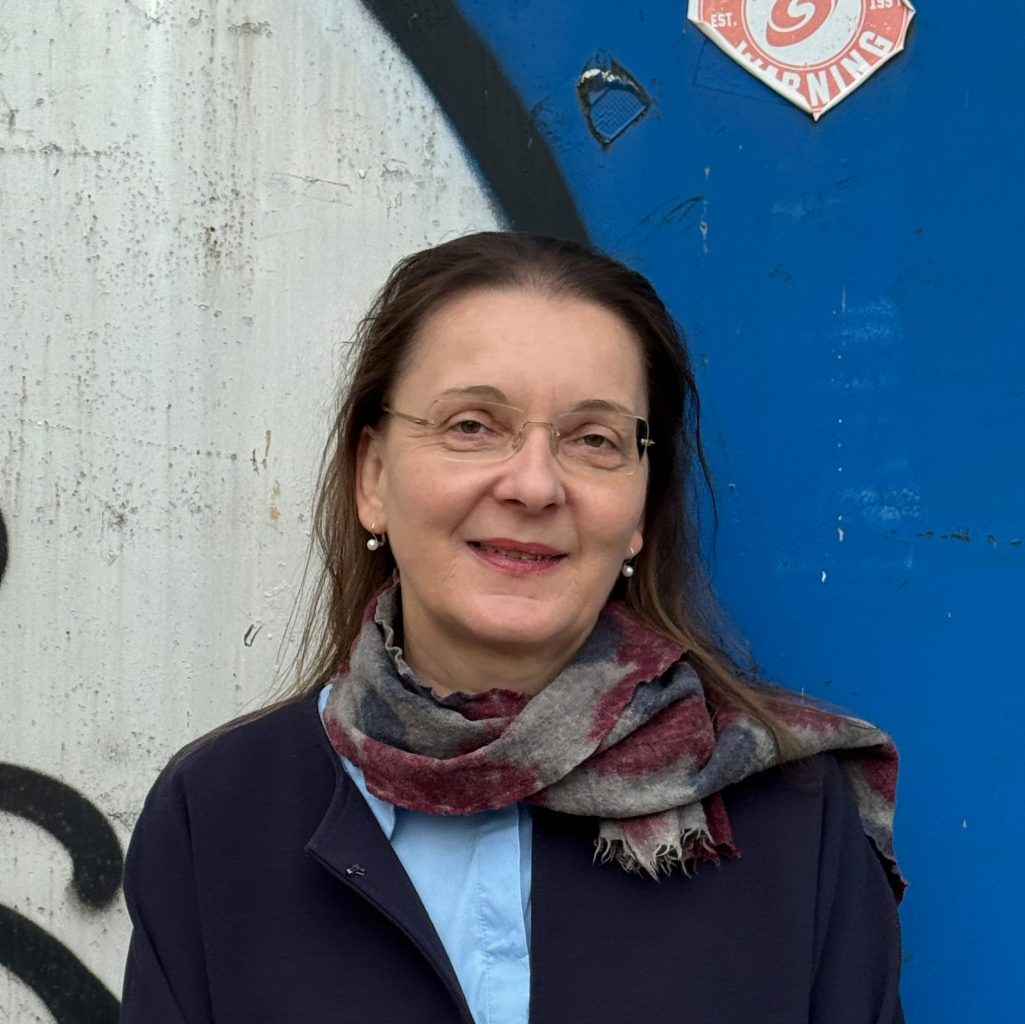Since the mid-nineteenth century, the Alpine–Adriatic region has been marked by a wide range of conflicts involving Germans, Croats, Italians, Jews, Austrians, and Slovenes. These tensions escalated between the outbreak of the First World War and 1954, when the border between Italy and Yugoslavia was laid down. This project focuses on cultural politics and the use of visual and artistic media – especially monuments, photography, film, literature, and strategies of musealisation and exhibition – in constructing (lost) identity and heritage, and in shaping social change. It aims to explore, from multiple perspectives, how media representations within and across the region’s societies reflect (transgenerational) experiences and memories, and how art, nature, and cultural heritage are mobilised in a comparative European context. Combining case studies with a dedicated methodology, the project seeks to give voice to the complex legacies of trauma, experience, and memory among diverse identities and nations shaped by displacement and the transfer of cultural assets. Emphasis is placed on media, aesthetic expression, and their reparative potential. Taking a longue-durée perspective, the project explores how the humanities, culture, art history, and the arts can contribute to overcoming violence, division, and exclusion – even in the face of conflicting experiences and perceptions. It opens a path towards reconciliation through knowledge and an empathetic perception of the pain of others.
PROF. DR. BARBARA KRISTINA MUROVEC
CURRICULUM VITAE
Barbara Kristina Murovec, visiting scholar at the Kunsthistorisches Institut in Florenz – Max-Planck-Institut, studied art history and comparative literature in Ljubljana, Munich, Vienna, and Graz, obtained her PhD in Ljubljana in 2000, and her Habilitation in Maribor in 2006, where she taught from 2010 to 2019. From 2005 to 2018 she was director of the France Stele Institute for Art History at the Research Centre of the Slovenian Academy of Sciences and Arts, and from 2010 to 2016 she served as secretary and second vice-president of RIHA (International Association of Research Institutes in the History of Art). More recently, she was a guest scholar at the Getty Research Institute in Los Angeles, at the Zentralinstitut für Kunstgeschichte in Munich, and at the International Cultural Centre in Krakow. Her research explores the intersection of art history with emotional and trauma studies, memory studies, visual and identity politics, critical heritage studies, and provenance research.
